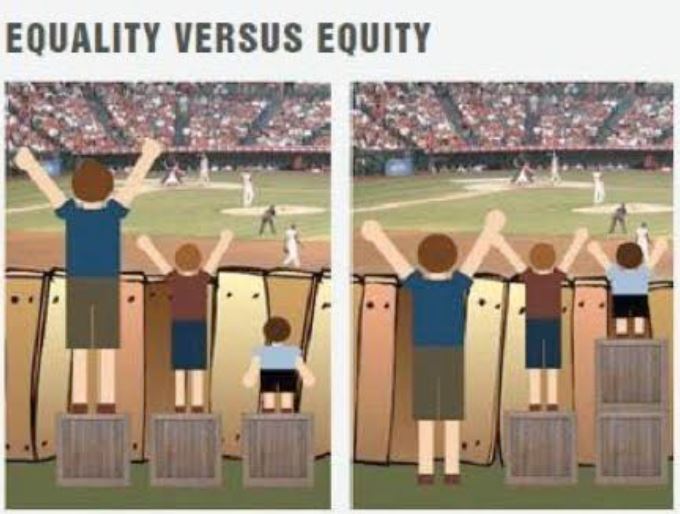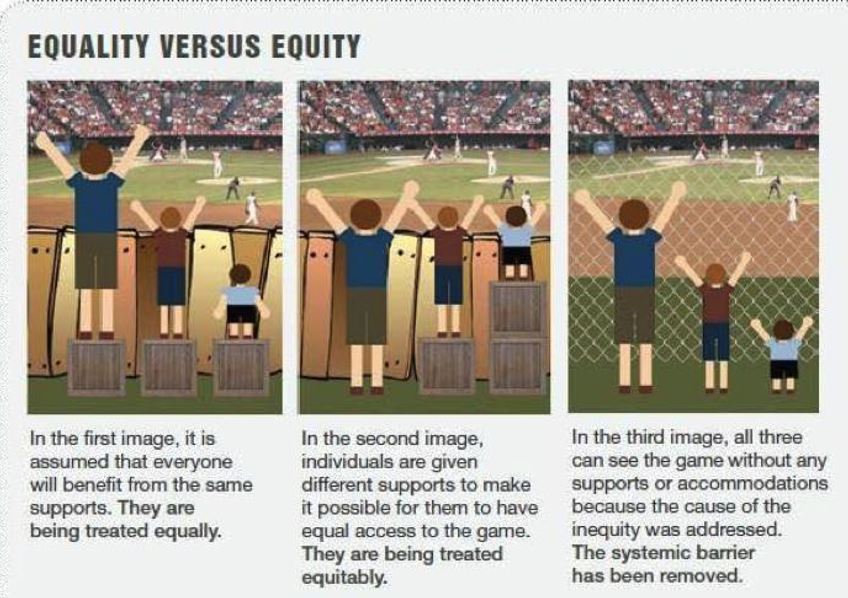|
March 2020
AutomatedBuildings.com
|
[an error occurred while processing this directive]
(Click
Message to Learn More)
|
Building a More Diverse Industry
...if everyone designing,
building, and managing our buildings has similar experiences and
perspectives, will they know what obstacles other folks face in the
built environment? |
 Natalie Serafini, Natalie Serafini,
Marketing Strategist
Optigo Networks
&

Monica McMahen,
Director of Marketing
Optigo Networks
|
Who designs, builds, and manages our buildings?
A lot of very talented, dedicated people have made the building
automation industry what it is today. They work hard to keep our
buildings comfortable and secure, day in and day out.
But do all of them look or think like the many people who live, work, and play in these buildings?
Not so much.
The building automation industry is suffering from a severe lack of
diversity. We see the effects of this as we have trouble bringing new
talent into the industry. And tenants experience this when building temperatures are set to be optimal for men, or sensors are placed too high to recognize when a person in a wheelchair enters a room.
We need to talk more about how diversity will also make for better
buildings. As Monica shared in her February article for Automated
Buildings, Why you should hire women,
diversity helps us form better teams and make better decisions. Your
team might be incredibly high-performing, but if everyone has the same
perspectives you’ll end up with an echo chamber.
More importantly, if everyone designing, building, and managing our
buildings has similar experiences and perspectives, will they know what
obstacles other folks face in the built environment?
Last year we talked with several amazing women in the building automation industry for International Women’s Day,
and Therese Sullivan shared a poignant thought: “The people that work,
learn, shop, eat, heal, etc. in the spaces that are served by smart
building systems are of both sexes. It just makes sense that you want
some gender diversity in the people making decisions about how those
systems function.”
At Optigo, we came to understand this better by learning about the distinctions between equality and equity.
Equality means that everyone is treated the exact same in every way.
Anyone who needs extra assistance just has to adapt to the world around
them, rather than the other way around. This is where the “I’ll just
hire the best person for the job” mentality comes from: it might seem
fair at first glance, but it ignores that women and people of colour have to work extra hard to be seen as the best.
Equity, on the other hand, recognizes that not everyone experiences the
world in the same way. It recognizes that to level the playing field,
you can’t treat everyone “equally.” You have to give some folks the
extra support they need, but first you must understand those needs.
This graphic from Business Disability International illustrates that distinction.

Image via Business Disability International
Equity is a big step in recognizing that different people have
different needs. Take, for example, the fact that for decades women and
minorities have been oppressed: not allowed to vote, not allowed to get
an education — the list goes on. This is why colleges have programs and
scholarships for minorities: to give them the extra step up they need
to overcome the metaphorical fence. With this in mind, you might tell
your HR department that you only want to see a diverse pool of resumes
when you’re hiring for a new position. And if the pool isn’t diverse,
you need to switch up your job descriptions, try some new tactics, and
keep looking. (Learn more in Monica’s article on hiring more women.)
Equity is a real way that companies and organizations can become more
inclusive. Of course, in an ideal world, there wouldn’t be a barrier at
all; equity should be one tool in our toolbox for dismantling that
barrier altogether. In the full example from Business Disability
International, the barrier is removed so that no one needs extra
support, and everyone can enjoy a similar experience. Ideally, you
wouldn’t have to ask for a diverse pool of resumes because diversity
would be the standard, not the exception.

Image via Business Disability International
Back to building temperatures that are set for men, and spaces that
aren’t optimized for folks who are differently abled. We want our
buildings to be welcoming, comfortable, and safe. But safety and
comfort look different for everyone and, without diversity, we might
not think of ways to attune our buildings to their needs. If our
buildings aren’t designed and managed by people with different
perspectives for people with different experiences, we’re perpetuating
the issue with equality that leaves some people out in the cold.
That’s why, this International Women’s Day, we wanted to celebrate the
expertise and valuable range of perspectives female-identifying
individuals bring to the industry. Our diversity is still growing,
gradually, and there are fantastic articles in this month’s issue of
Automated Buildings that dig into how you can recruit and keep more
women at your companies.
But it’s not “just” diversity for the sake of diversity. As you work on
hiring folks with different gender identities, people who are
differently abled, individuals of different racial and cultural
backgrounds, different ages, with different experiences and fields of
discipline — the list goes on and on — remember that diversity makes
for better teams, better business, and better buildings.
Happy International Women’s Day. Enjoy the stellar articles from many amazing women in our industry.
footer
[an error occurred while processing this directive]
[Click Banner To Learn More]
[Home Page] [The
Automator] [About] [Subscribe
] [Contact
Us]